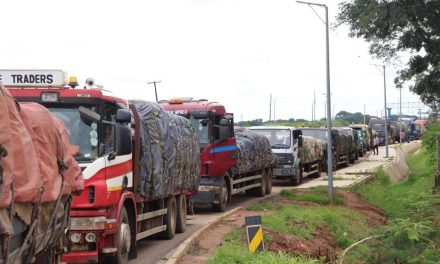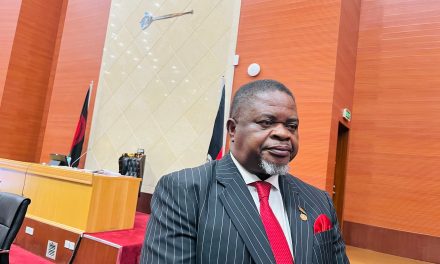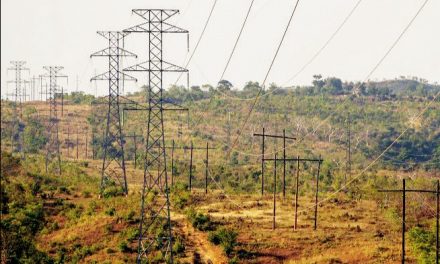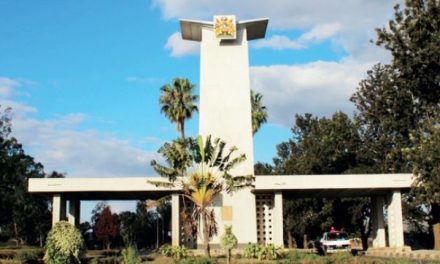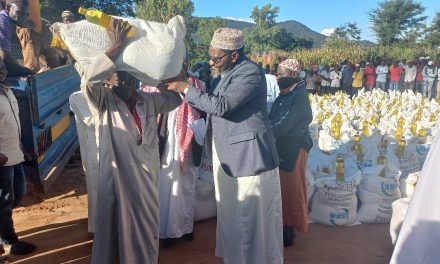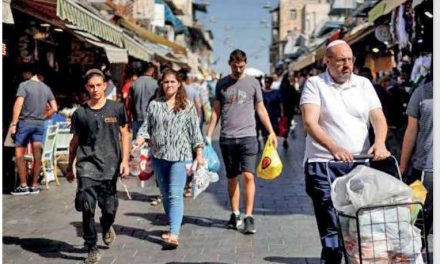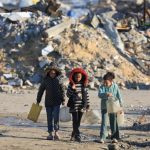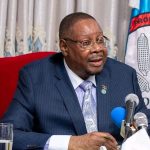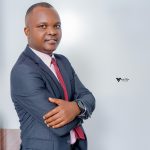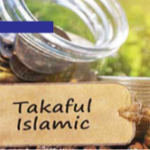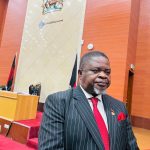
The SONA the People’s Struggles and the Power of Resilience

The State of the Nation Address (SONA) is meant to be a moment of truth—a time when a government lays out its achievements, acknowledges its shortcomings, and presents a roadmap for the future. But this year’s SONA, delivered by President Lazarus Chakwera, has instead sparked frustration, division, and even protest. The opposition, led by Leader of the Opposition George Chaponda, staged a dramatic walkout, rejecting the president’s speech as misleading and unconstitutional. But was this walkout a necessary stand against misinformation, or was it a missed opportunity to challenge the president directly?
For many Malawians, the real State of the Nation is not what is spoken in Parliament but what is felt in their daily lives. It is found in the rising cost of living, the empty promises of development projects, and the continued struggle to access basic necessities. It is in the cries of university graduates who remain jobless, in the farmers who work tirelessly but still struggle to make ends meet, and in the youth whose hopes are overshadowed by economic uncertainty. When the president speaks of progress, do these realities reflect what Malawians are actually experiencing?
The walkout by the opposition was a strong political statement, but it leaves us with critical questions: Should opposition MPs have stayed to confront the president directly, pressing him for answers? Or was their protest a justified rejection of what they see as deception? Either way, what Malawians demand—and deserve—is leadership that does not just speak of progress, but delivers it.
At the same time, the streets of Malawi continue to witness citizens raising their voices through demonstrations. Protests are becoming a frequent occurrence, a clear sign of growing discontent. People are no longer willing to remain silent in the face of economic hardship and political stagnation. But will these demonstrations bring real change, or will they be ignored like so many before them? Leadership is about listening, and if the government fails to hear the people’s concerns, the frustration will only deepen.
As we navigate these turbulent times, we also enter a sacred period—the month of Ramadan. A time of fasting, reflection, and renewal, Ramadan reminds us of the importance of patience, justice, and standing with the oppressed. It is in this spirit that we extend our prayers and solidarity to the people of Gaza, who continue to endure immense suffering. May this Ramadan bring peace, strength, and hope to those facing hardship, both here in Malawi and across the world.
Let us use this time not only to reflect on our faith but also on our collective responsibility to demand truth, accountability, and justice. Malawi deserves leadership that listens, serves, and delivers.
Ramadan Mubarak to all observing this blessed month.






